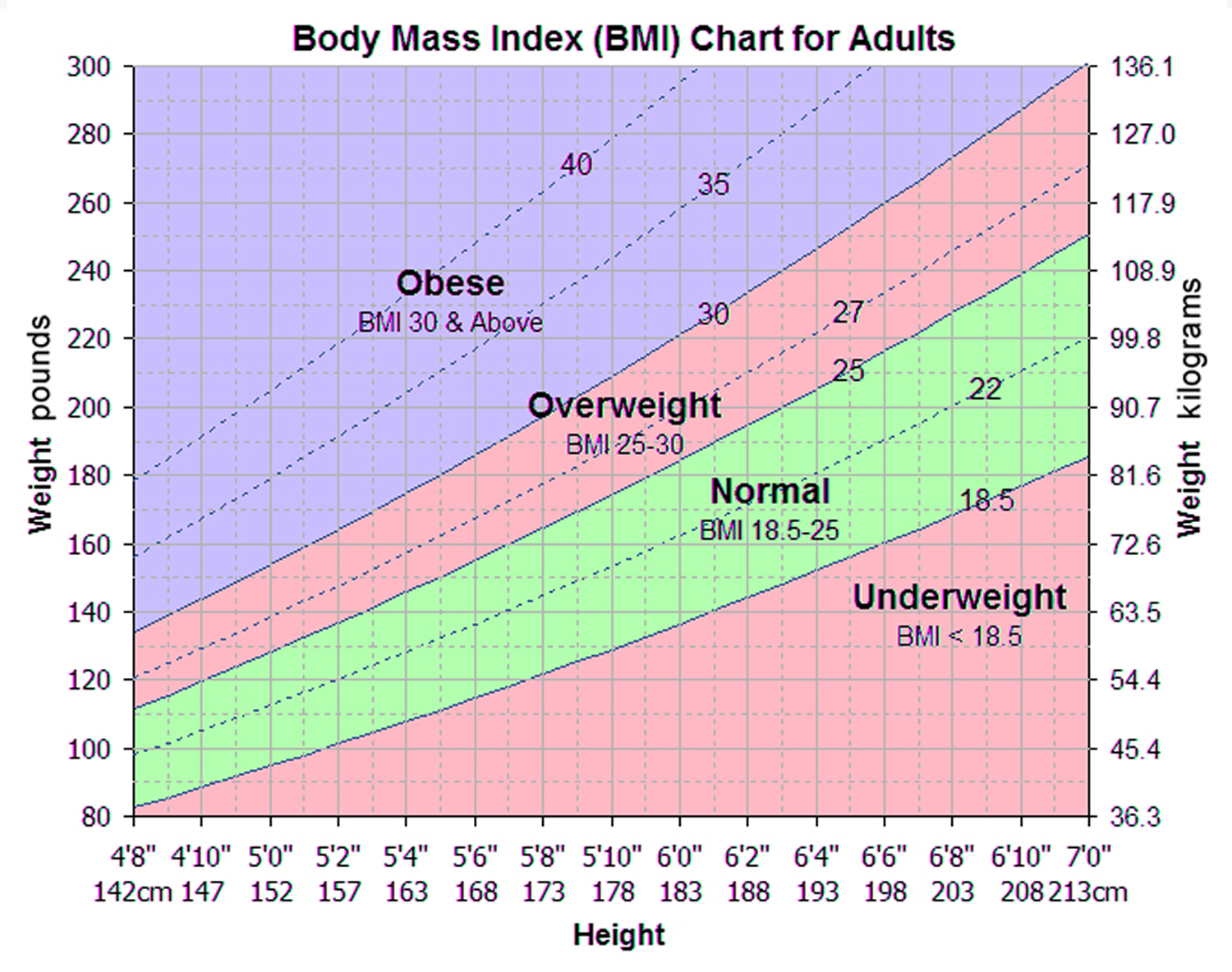

#BMI CALCULATOR TEENAGER PROFESSIONAL#
Your BMI result is best interpreted by a health professional who has more information about your other heart disease risk factors and overall health. You can find more details about your BMI below. You are classified as and your risk of obesity related diseases is. children and teenagers aged 2-19, as growth charts should be used instead.anyone with a heart condition that affects the fluid balance in their body, such as heart failure.If your health professional sees your BMI increase, and you’re not trying to build muscle, this may show weight gain from fat that might be a risk to your heart health. However, BMI can be useful to help your health professional see changes to your weight over time. People with a lot of muscle can be classed as ‘above the healthy weight’ range even if they’re lean and fit.īMI alone shouldn't be used to determine your risk of heart disease. This can be more of a risk than someone with a BMI above the healthy range that has more muscle.īMI is less accurate in very muscular or athletic adults because muscle weighs more than fat. the amount of fat and muscle in your bodyīMI does not recognise that some people in the healthy BMI weight range can have higher levels of body fat that you can’t see.In this group, a healthy BMI range would be higher. People who are Māori or Pasifika often have a higher bone density and more muscle mass. People of Asian descent can have more body fat on a smaller frame so for this group, a healthy BMI range would be lower. The fat is often in different places on the body too.īMI is less accurate for certain ethnic groups. Men and women have different levels of fat. The following need to be considered alongside your BMI measurement: AgeĪs you get older, having a higher BMI can be helpful to protect against malnutrition or from having a fall. If your BMI indicates you are less than the ideal weight, gaining some weight could benefit your health.BMI is a guide for body size and isn’t accurate for everyone. If the BMI calculator finds you are more than the ideal weight, losing just a few pounds is a great start, and can improve your health and help to lower your risk of cancer and other diseases. However, don’t let that stop you making small changes today. If our BMI calculator finds that your BMI is outside of the healthy range, we recommend you talk to your doctor before making any really big changes to your diet or the amount of physical activity you do. What to do if I’m worried about my BMI results? If you, or the individual you are measuring, belongs to one of these categories you should speak to a doctor or other health professional to get a more accurate measurement. Please speak to your GP as they can offer help and advice Being underweight isn’t good for your health. If your BMI is below 18.5, this puts you in the underweight range. However, BMI results may be a less reliable indicator for some groups of people, including:

In general, BMI is a useful measure for most adults. As you get older and lose muscle, you may fall into the “healthy weight” range even though you may be carrying excess fat.īMI is calculated by dividing your weight in kilograms by your height in metres squared.If you are a muscular adult you may be classed “overweight” or “obese” even though your body fat is low.It cannot tell you if you are carrying too much fat. between 30 and 39.9 – you’re in the obese rangeīe aware, although your BMI is a good indication as to if you’re carrying too much weight.between 25 and 29.9 – you’re in the overweight range.between 18.5 and 24.9 – you’re in the healthy weight range.below 18.5 – you’re in the underweight range.


 0 kommentar(er)
0 kommentar(er)
